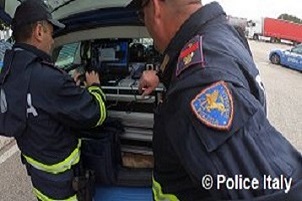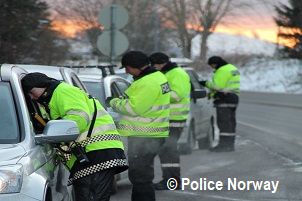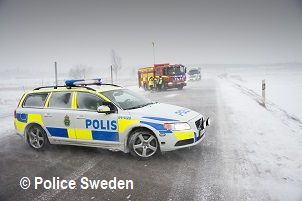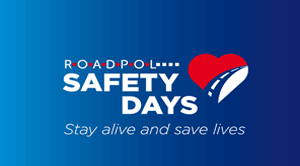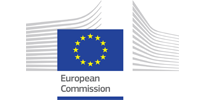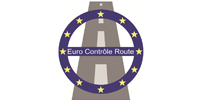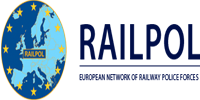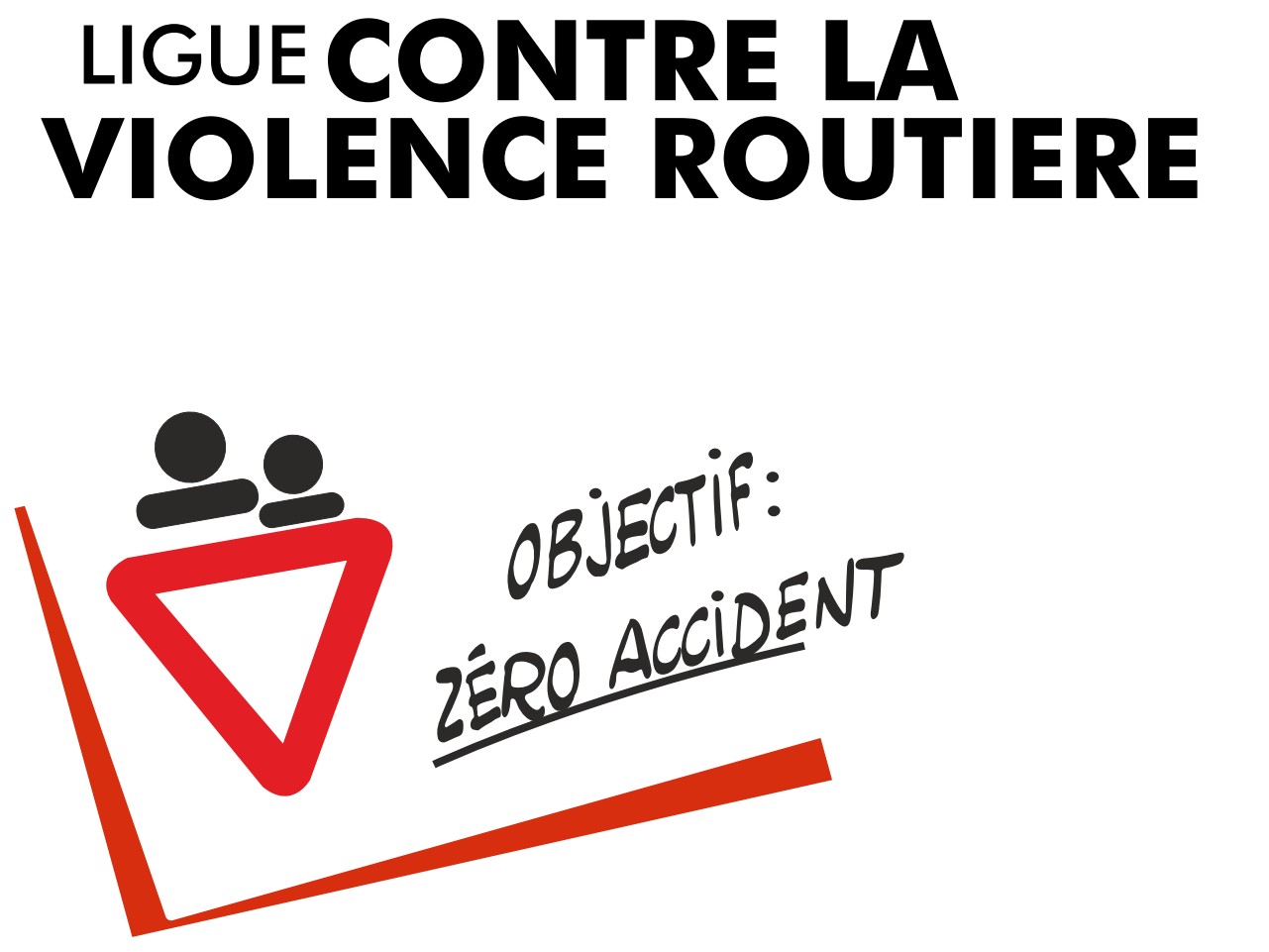Neighboring ROADPOL Forces
Helping Ukrainians In Crisis
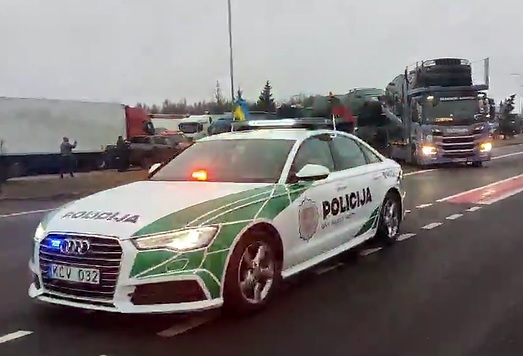 Lithuanian patrol car, sporting Lithuanian and Ukrainian flags, escorting a convoy. PHOTO: POLICIJA.LRV.LT14 МАR - ROADPOL forces in states neighboring or close to Ukraine have been strongly affected by the raging war and its consequences.
Lithuanian patrol car, sporting Lithuanian and Ukrainian flags, escorting a convoy. PHOTO: POLICIJA.LRV.LT14 МАR - ROADPOL forces in states neighboring or close to Ukraine have been strongly affected by the raging war and its consequences.
From Finland in the north to Bulgaria in the south road police units have been actively engaged with activities directly or collaterally caused by the conflict and the growing refugee crisis resulting from it.
Escort
Lithuanian Police from the beginning of the war demonstrated great solidarity with the cause of Ukraine including uploading Ukrainian flag to its social media profile and cover photos. Officers of the Lithuanian Road Police Service were actively involved in escorting the Ukraine-bound help and support military convoys in order to quickly reach the Polish border.
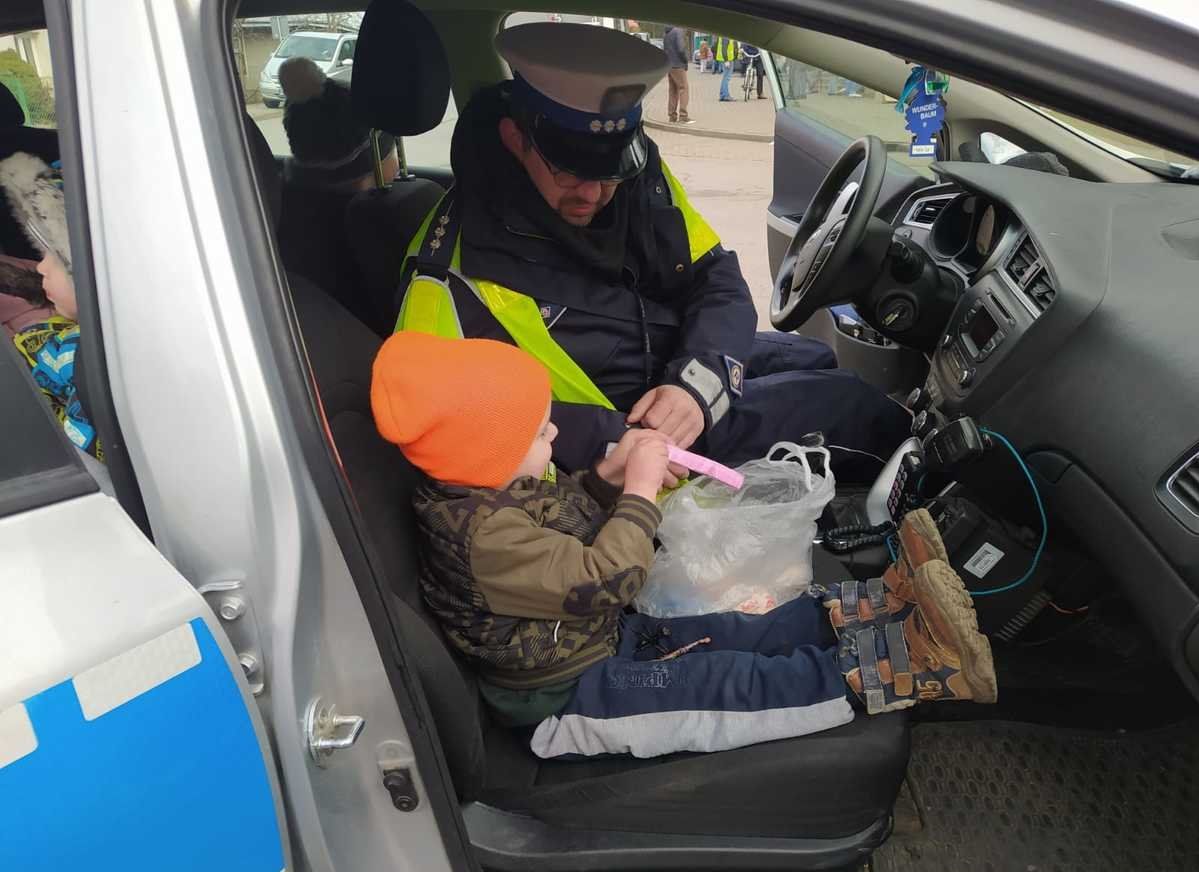 Polish police officer entertaining Ukrainian kids on their way to safety. PHOTO: POLICJA.PLSafety
Polish police officer entertaining Ukrainian kids on their way to safety. PHOTO: POLICJA.PLSafety
Polish road policemen in the border voivodeships of Lublin and Subcarpathia constantly care for the safety of people who crossed the Polish-Ukrainian border. They are involved in crime prevention and regulation of road traffic. They are constantly involved in various situations - from helping with small children, through transporting luggage, helping with car breakdowns, to accommodating and supporting refugees. Road police officers are taking care of road safety, help in reaching accommodation and designated assistance points, distribute food, help carry heavy luggage. Traffic police are also involved in escort of coaches transporting Ukrainian citizens to neighboring countries. They also insure refugees do not fall victims to perfidious criminals and organized crime gangs trying to take advantage of their difficult situation.
Emergency
In Estonia the Police and Border Guard Board (PPA) launched an emergency plan to assist Ukrainian war refugees amidst the mass immigration emergency. According to the plan all activities related to the reception of Ukrainian refugees in Estonia are now managed by PPA teams. "The implementation of the emergency plan will allow us to better assist the Ukrainian war refugees," said Elmar Vaher, PPA Director General. "The number of refugees arriving in Estonia is so large that ordinary police work routine is completely reshuffled”, Vaher added. Furthermore, the introduction of an emergency response plan enables the Police to assign tasks to other agencies and deploy the necessary people and resources to resolve the situation. "Our goal is that people who have fled the war in Ukraine can feel safe and secure in Estonia, and they will be provided with all the necessary services. By working as a united team, we can do it better, "said Vaher.
Support
Following the war in Ukraine and the associated migration crisis Czech road police are also responding accordingly. Police are putting into practice government resolutions aimed at making it easier for refugees to move around the country. Road police have also been informing drivers which driving licenses are accepted in the European Union and assisting vehicles with Ukrainian registration plates and vehicles participating in humanitarian aid, which are both exempt from toll fees. In cooperation with the Army of the Czech Republic, road police also participate in the transfer of humanitarian aid. At the request of the Slovak Republic, a group of ten road police officers was sent to strengthen the service at the Ukrainian-Slovak border.
Traffic
In Finland road police are registering a steady increase in the number of people arriving from Ukraine and also from Russia, as people are leaving country due to sanctions having an effect to life in Russia. Numbers are expected to keep increasing as the time goes by, ROADPOL Media sources claim. Road police units are preparing for an eventual future influx of people to Finland from Russia or across the internal EU-borders, in case of which road police resources will be occupied with tasks not inherent to their normal day to day work.


